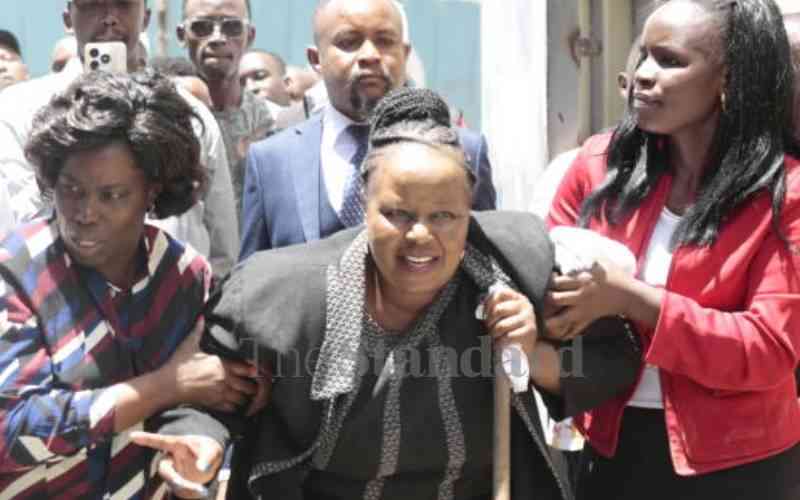×
The Standard e-Paper
Home To Bold Columnists

Bishop Margaret Wanjiru's public spat with authorities brings to the fore the age-old question of whether or not the Church and State ought to be separate.
The good bishop is not only the leader of her church but also a former MP, an aspirant in past gubernatorial and senatorial races, and a proponent of the ruling Kenya Kwanza administration's policies.